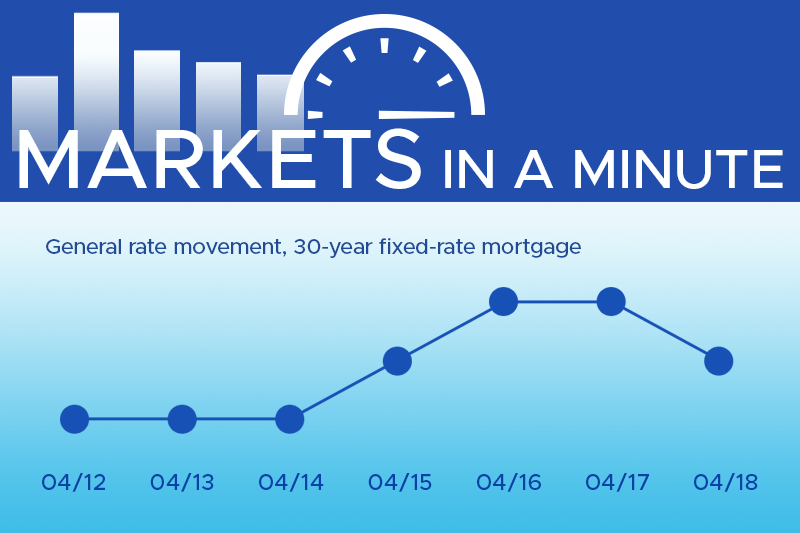In an era where simplicity and minimalism are gaining momentum, downsizing has emerged as a…
Should I Sell My Home First or Close on a New One First?
Whether you’re relocating for a new job or new scenery, or in search of cozier or more spacious living, timing the intricate dance of selling and buying homes can be quite the puzzle. Deciding whether to part ways with your current home before securing a new one, or taking the plunge into a new purchase prior to selling, requires careful consideration, as the ideal approach can vary based on your unique circumstances.
Sell My Home First, Then Buy?
The journey to finding your ideal new home can be lengthy. People typically begin the house hunt while still in their present home. However, you may want to leverage equity tied up in your existing property as a contribution towards the down payment of your prospective home. In that case you will likely need to finalize the sale of your current residence before cementing the purchase of the new one. In this scenario, you can craft a purchase offer for your desired new home contingent upon the successful sale of your current property. This safeguard allows an exit route from the new home purchase should you be unable to close a sale of your current residence in time. Depending on your financial commitments, your lender might even stipulate this as a prerequisite to green-light your new loan application.
The prospect of managing two mortgage payments can be a daunting one. If your current home takes longer than expected to sell, you’ll find yourself shouldering the burden of its mortgage, as well as the associated maintenance and upkeep expenses during the interim. Many people opt for the sell-then-buy strategy to avoid this situation.
Buy Before I Sell My Home?
For those with some financial breathing room, purchasing a new home before closing on the current one can take stress out of the relocation process. The absence of the dual stress of simultaneous buying and selling can be liberating. Vacating the home before putting it on the market could also make it easier to do certain pre-sale repairs, improvements, or other work that you or your realtor think will help you get the best price for your home. However, be mindful that carrying the fiscal weight of both mortgages, plus utilities and miscellaneous expenditures until your former property finds a new owner could become a financial burden.
Buy and Don’t Sell?
It may have occurred to you that you might hold onto your present home and transition into the role of landlord by renting it out. This strategy can be a shrewd financial move, but it necessitates a firm grasp on the landlord role. Even if your property is vacant or your tenant faces difficulties in rent payment, you are accountable for the mortgage payments. Prior to embarking on this path, it’s prudent to do thorough research, engage with your real estate agent and Thompson Kane’s mortgage experts to gain valuable insights on the process and potential pitfalls to be aware of.
In summary, the crossroads of selling your current home before buying a new one or taking the plunge into a purchase prior to selling involves a nuanced evaluation of your financial capacity, risk tolerance, and the intricacies of the property market. Each path has its advantages and drawbacks, but by considering your circumstances carefully and consulting real estate and lending professionals, you can navigate this dilemma with more confidence.




